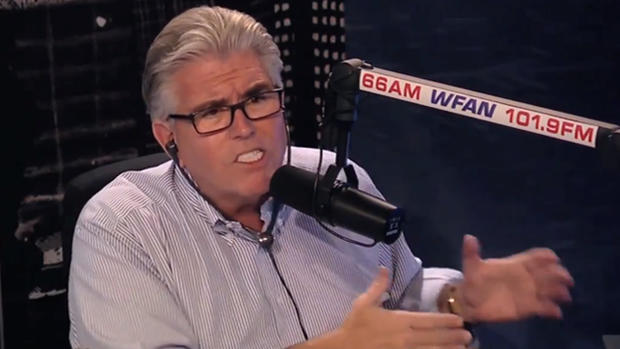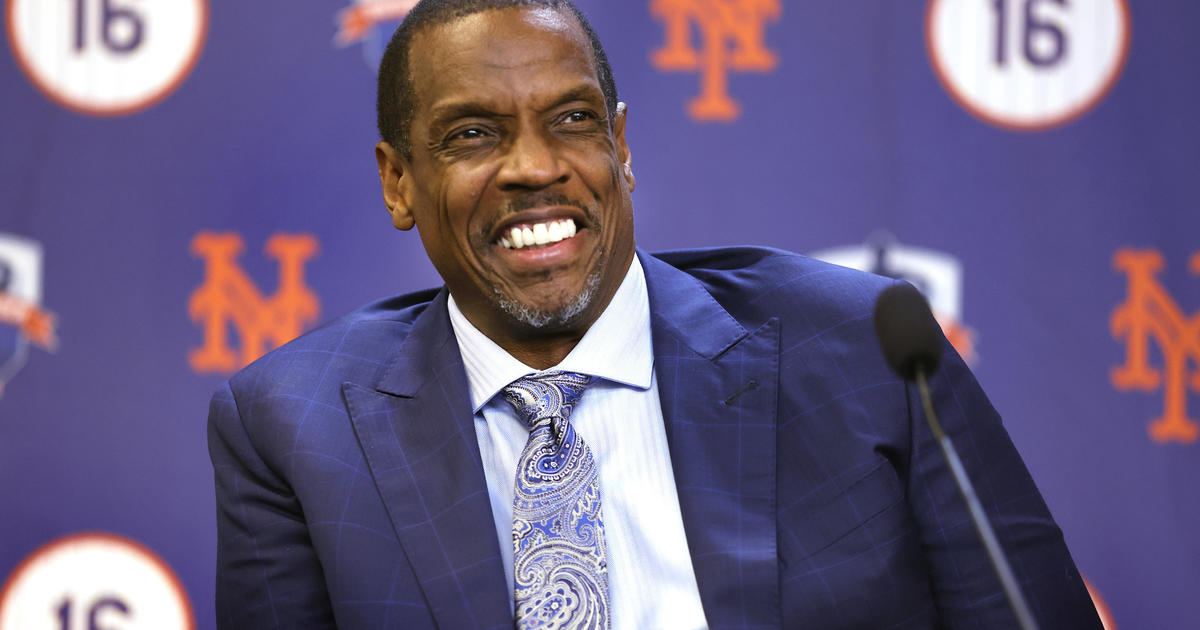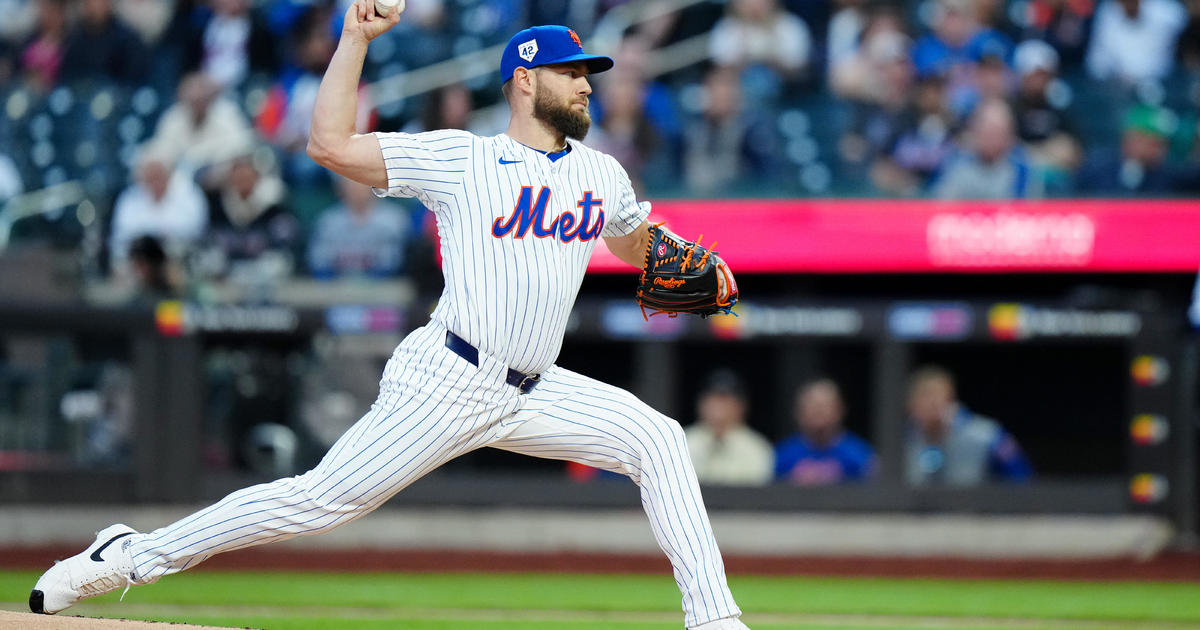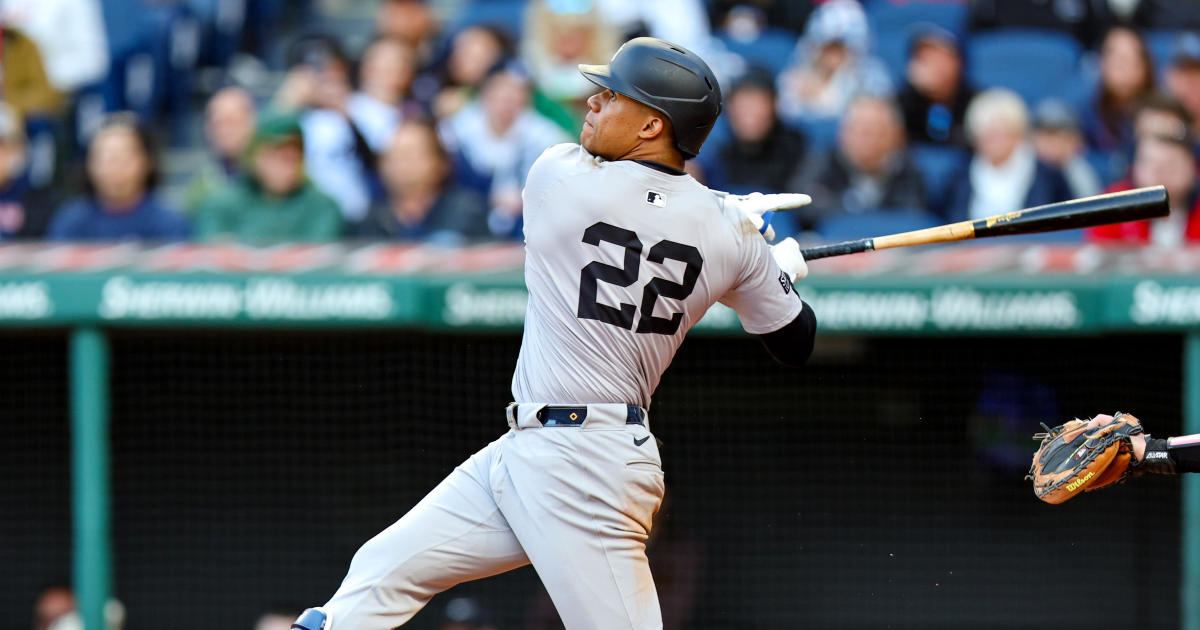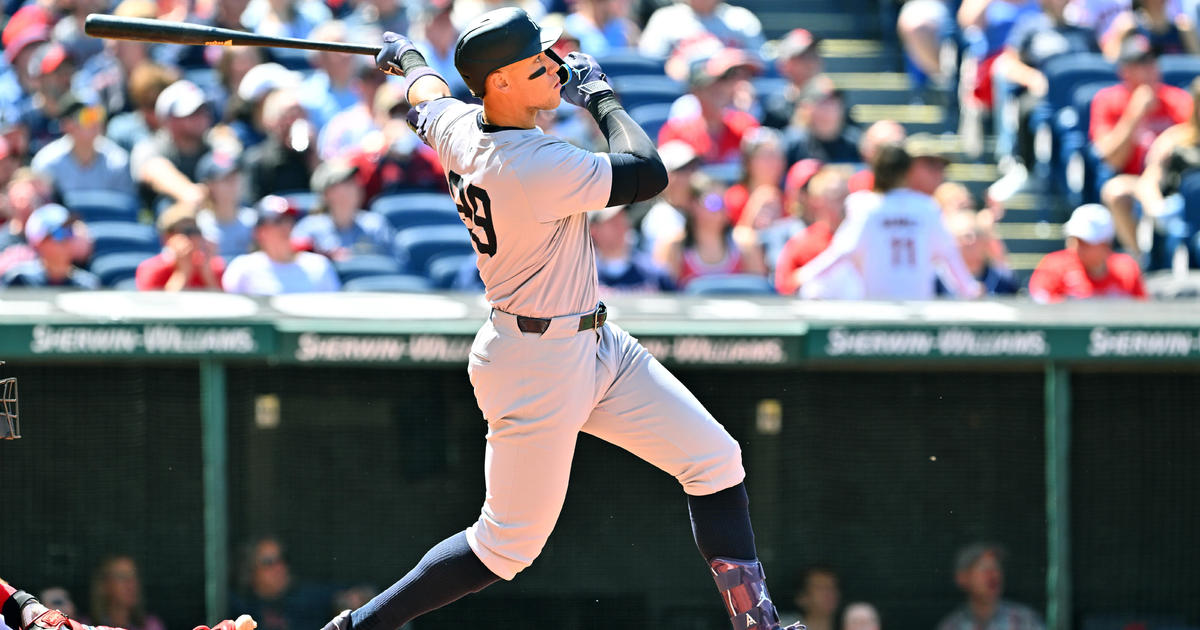Q&A With Mike Francesa Part 1: 'I'll Miss All Of It'
NEW YORK (WFAN) -- WFAN.com's Jason Keidel sat down with Mike Francesa for a one-on-one interview before the sports talk pioneer leaves WFAN on Dec 15. In a two-part rap session, Keidel mined Francesa's mind on countless topics spanning three decades. The first part is about his early and biggest influences, why he's leaving, how he feels about it and perhaps what he plans to do after his iconic 30 years as the baritone bard of NYC sports.
MORE: Q&A With Mike Francesa Part 2: Memorable Interviews, Mad Dog Years, More
Jason Keidel: Is this a transition? Hiatus? Retirement?
Mike Francesa: I haven't defined it. I'm not leaving the business. I thought my show had to have a beginning and an end. I thought this was a good time.
JK: This has nothing to do with the sale of CBS Radio?
MF: Nothing. (CBS President) Les Moonves told me five years ago they were looking to sell the company. Whoever owns it means nothing. I almost didn't sign the last four-year deal. When I signed it, I thought it would be the the last one halfway through. And I made it public 21 months ago.
JK: Anything you know you'll miss?
MF: I'll miss all of it. I'll miss the forum. It's one of a kind. I don't think anyone has what I've had. Simply put, I have the best piece of real estate in New York. It's special. I know that. And I've never taken it for granted. But I've said this many times: I don't think you're supposed to die in these jobs. And that's the one thing I disagree with a lot of people about. Guys get these jobs, and they hold them forever. It's unfair. I'm talking broadcast jobs, play-by-play jobs, all these jobs. If the people before them held these jobs, no one would get a shot. I've kept it for 30 years. There should be a time to give somebody else a chance. I don't think you keep these jobs until you kick off, otherwise you keep them for 50 years.
MORE: Mike Francesa 30 Years At WFAN
JK: How does it make you feel when a young fan says, "My dad introduced me to your show?"
MF: It makes me very happy, and it's been my biggest surprise, how many young fans I have. I've been shocked by it. That's where Mongo Nation and FrancesaCon came from. I noticed it about eight years ago. I had this tremendous young following. I don't know if I have the exact same number of 18-year-old fans as I did 25 years ago, but I still have a great number of young fans. As you get older, you wonder if you keep the younger fans and your ratings sink. But I still have a lot of people in that demographic.
I am surprised. But I think sports is a universal language. As long as you stay current, they're into all kinds of stuff. I have budding teenagers of my own. You take them to the movies and listen to their music. If you're insulated by nothing but people your own age, you'd have a very narrow view of the world. I don't have that narrow viewpoint.
JK: So you don't worry about a void
MF: I don't worry about a void. I will miss the immediacy of a big event and knowing that people are waiting to hear my take and I need an avenue to express it. I've been very lucky in that people want to hear what I have to say about those things.
JK: You don't strike me as a stay-home, play-golf and mow-the-lawn kind of guy.
MF: No. I want to play golf, but I don't want to stay home and mow the lawn. I want to produce content. I'm not sitting at home to write my memoirs. I've been asked to do books. I have great respect for books. One of the reasons I haven't written one is because of that respect. And I wouldn't do a book just for the sake of getting paid. And I don't want someone else to write my books. I've had several big offers, and I've turned them down.
PHOTOS: Francesa: A Night To Remember
JK: Are you still open to a book?
MF: I came very close to doing one this year, but time became an issue, where I didn't feel comfortable with the schedule. It was going to be a book about my last year. But they wanted so much of my time because of the size of the advance, including 75 appearances to promote the book. Not just book signings; radio shows, TV shows, all of it. The book was going to come out in October, and I didn't want to spend the last month or two of my radio career doing that.
JK: During the ESPN "30 for 30" documentary on "Mike & the Mad Dog," you referred to your ambition when you started this. In sports, we have established numbers, metrics and precedents for athletes to meet or surpass. But you were starting a whole new genre, if not an industry. So what form did that ambition take?
MF: I had two ambitions. One was, from the day I walked in the station, I wanted to do afternoon drive. I was fascinated by sports radio.
I did a couple books with Pete Axthelm. He was the name on the book, of course. But John Walsh, from ESPN and Rolling Stone, was the editor of the books. He came to me with a couple projects. He wanted to do a football book with Random House, he wanted Pete to do the pro stuff and me do the college stuff. I'd worked with Pete, I'd worked for Jimmy the Greek. I did this book called "Inside Football," and we had to do a bunch of radio shows to promote the books, and then after doing the shows, I thought I could do the shows better than the hosts at the time. So I told the CBS people that if they gave me a chance to do the afternoon drive, I'd be there 15 years. I'm sure they thought I was crazy, or a cocky idiot, and rightfully so.
When I got here, what annoyed me was the way people looked at it. Frank DeFord called it the "sewer of sports media." Just a bunch of people at 6 p.m. with whistles and bells and buzzers for a couple hours at night. It had no credibility. I wanted to give it credibility and make it count. We did that. That's the greatest thing we did. Now people go to college to become sports talk radio hosts. Now it's the biggest job in any town. That's what "Mike & the Mad Dog" brought to every city in America.
So my two goals were to be on air for 15 years and change the way people performed and viewed sports radio.
WATCH: Mike-I-Mation
JK: Why did you stop doing TV? Did you have to choose?
MF: It got to that point. And when I had to make the decision, I knew radio was where I wanted to be. About two years into the job, ESPN offered me a huge deal to give up WFAN. They said they would make me, other than Chris Berman, the biggest guy in the place and I could do any sport I wanted. I turned them down. And when CBS TV conflicted with WFAN around 1994, I gave up TV. And then anything I did with TV was peripheral. By 1993 and '94, WFAN always came first.
Please follow Jason on Twitter at @JasonKeidel
